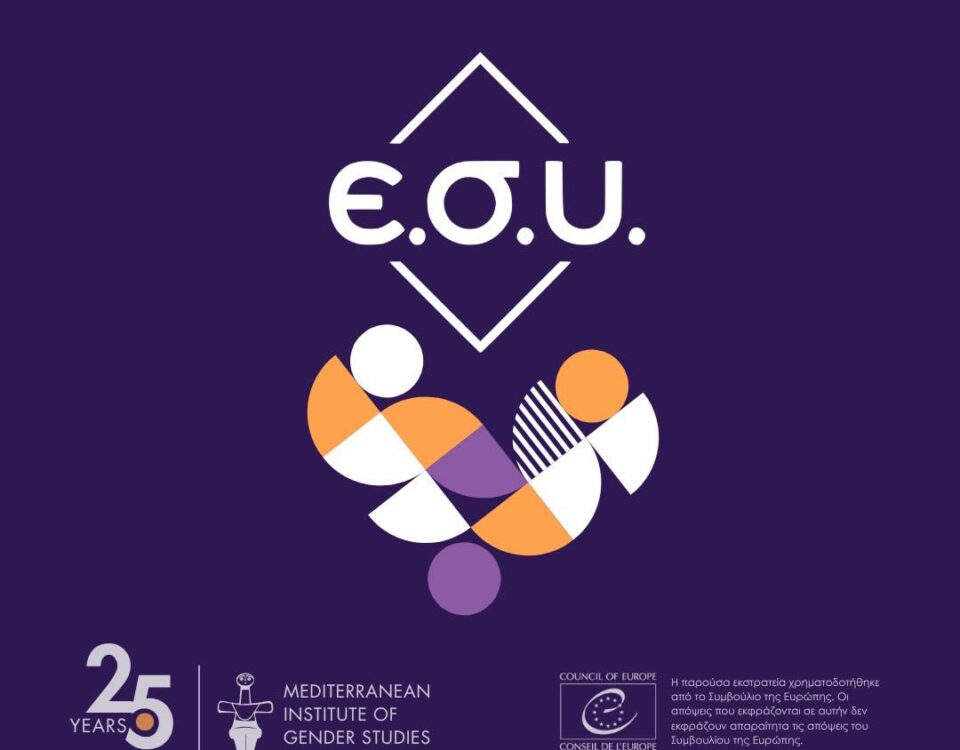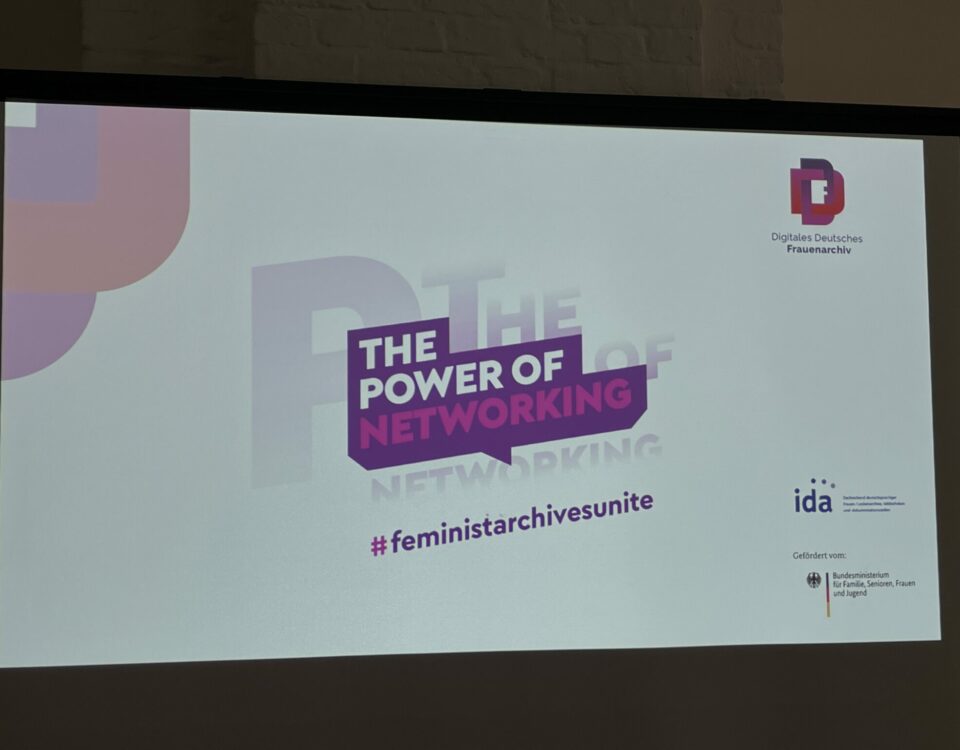Landmark convention for combating violence: Time for Cyprus to take action!

GMMP 2010: Women see modest gains in world news media portrayal
October 29, 2010
Professional development training on domestic violence
June 8, 2011On 7 April 2011, the Committee of Ministers of the Council of Europe adopted a landmark new Convention on preventing and combating violence against women and domestic violence. This Convention is the first legally binding instrument in the world creating a comprehensive legal framework to prevent violence, to protect victims and to end with the impunity of perpetrators. It defines and criminalises various forms of male violence against women including forced marriage, female genital mutilation, stalking, physical and psychological violence and sexual violence. It also foresees the establishment of an international group of independent experts to monitor its implementation at the national level.
The Convention was opened for signature in Istanbul on 11 May 2011 and was signed by 13 countries (Austria, France, Germany, Greece, Iceland, Luxembourg, Montenegro, Portugal, Slovakia, Sweden, Turkey, and Finland).
The Convention and its explanatory report.
Violence reaches unprecedented levels in Cyprus
In Cyprus, according to available data, there has been a dramatic increase in cases of rape and sexual assault, even though these are among the least reported crimes (mainly due to fear of social stigmatization of the victims). According to criminal statistics, during the period 1990-1996 incidences of rape rose 361%, and a further 195% during the period 2000-2003. Moreover, incidences of domestic violence have tripled in the last decade (from 397 cases in 2004 to 1053 cases in 2010), with the majority of victims being women and children (85.3%). It is clear that there is a general trend of increasing male violence against women. Despite this, Cyprus has one of the lowest conviction rates in Europe.
The root causes of male violence against women are directly related to inequalities between men and women and the socio-economic power structures in both public and private life, creating an environment in which male violence against women is tolerated and accepted. In this way, violence is perpetrated against women because they are women, and if such violence continues to be tolerated true equality cannot not be achieved. International conventions recognize gender-based violence as a form of discrimination that severely hampers women's ability to enjoy their rights and freedoms on an equal basis with men.
The Mediterranean Institute of Gender Studies calls on the Cyprus Government to immediately sign the Convention. It is time for the state to act without further delay in demonstrating its commitment to combating all forms of male violence against women.
Finally, candidates for the forthcoming Parliamentary elections are invited to take a stand and commit themselves to supporting the ratification of the Convention and taking a holistic approach to combating male violence against women.
Blog – 11/5/2011




